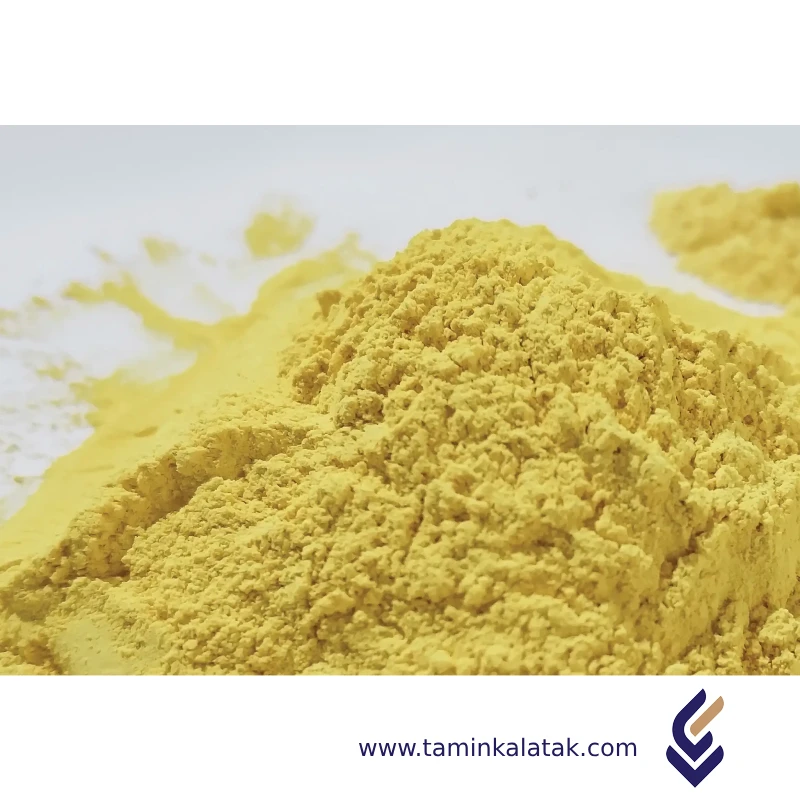Polymers are made up of very large molecules made up of many repeating units called monomers, which ultimately form this long polymer chain
Engineering polymers are high-performance plastics that exhibit superior mechanical, thermal, chemical, and electrical properties compared to standard commodity plastics.
PolyImides (PI)
Polyimide (PI) is a high-performance polymer known for its exceptional thermal stability, mechanical strength, chemical resistance, and electrical insulation properties. Unlike conventional thermoplastics, polyimides can withstand extreme temperatures, making them ideal for demanding applications in aerospace, electronics, and industrial sectors.
Structure
Polyimide (PI) is a polymer characterized by the presence of imide functional groups (-CO-N-CO-) in its molecular backbone. The structure consists of aromatic or aliphatic dianhydrides and diamines, which undergo polymerization to form highly stable, heat-resistant chains. The most common polyimides are based on aromatic structures, which contribute to their exceptional thermal stability, mechanical strength, and chemical resistance. The rigid backbone and strong intermolecular forces, such as hydrogen bonding and π-π stacking, enhance their dimensional stability and insulating properties. Depending on the formulation, polyimides can be thermosetting or thermoplastic, with variations in cross-linking and molecular arrangement affecting their processability and performance in high-temperature environments.
Properties
Polyimide exhibits exceptional thermal stability, withstanding continuous operation at temperatures above 260°C and short-term exposure to even higher temperatures without significant degradation. It has outstanding mechanical strength, high tensile modulus, and excellent wear resistance, making it suitable for demanding applications. The material also offers superior chemical resistance, remaining stable in the presence of solvents, oils, and other harsh chemicals. Its electrical insulation properties, including a low dielectric constant and high breakdown voltage, make it ideal for electronic and aerospace applications. Additionally, polyimide has low outgassing, excellent dimensional stability, and resistance to radiation, which is crucial for space and high-performance industrial environments. The combination of these properties allows polyimide to be used in extreme conditions where conventional polymers fail.
Applications of Polyimide
- Aerospace & Automotive: Used in heat shields, engine components, and insulation materials due to high-temperature resistance.
- Electronics & Semiconductors: Essential for flexible printed circuit boards (FPCBs), chip packaging, and wire insulation.
- Medical & Biotechnology: Utilized in catheters, tubing, surgical devices, and membranes for medical equipment.
- Industrial & Mechanical: Used in high-performance bearings, seals, gaskets, and wear-resistant components.
- Optics & Photonics: Applied in optical fibers and coatings for high-temperature environments.
- Space Exploration: Used in spacecraft insulation and radiation-resistant components due to its low outgassing properties.
Advantages of Polyimide
- High thermal stability, capable of withstanding temperatures above 260°C.
- Excellent mechanical strength, wear resistance, and dimensional stability.
- Superior chemical resistance to solvents, oils, and fuels.
- Outstanding electrical insulation properties, making it ideal for electronic applications.
- Low outgassing and radiation resistance, suitable for aerospace and space environments.
- Lightweight yet strong, contributing to reduced weight in automotive and aerospace applications.
Disadvantages of Polyimide
- Difficult to process, especially for thermosetting polyimides that cannot be remelted.
- Expensive compared to conventional polymers like polyamide (nylon) or polyethylene.
- Brittle in some formulations, leading to reduced impact resistance.
- Requires specialized equipment and techniques for processing and manufacturing.
- Limited solubility in common solvents, making processing more complex.
Applications
| Applications | , , , , |
|---|
PolyImides (PI)
| Products | Density(g/cm3) | Applications | Process method | Data Sheet | MSDS |
|---|---|---|---|---|---|
| PolyImides (PI) | 1.35 – 1.50 | Flexible PCBs, chip packaging, insulating films | For Thermosetting Polyimides: Solution Processing Casting & Imidization. For Thermoplastic Polyimides (TPI): Injection Molding Extrusion Compression Molding |







